Vegan Omega-3s—Best Sources of DHA, EPA, and ALA Explained
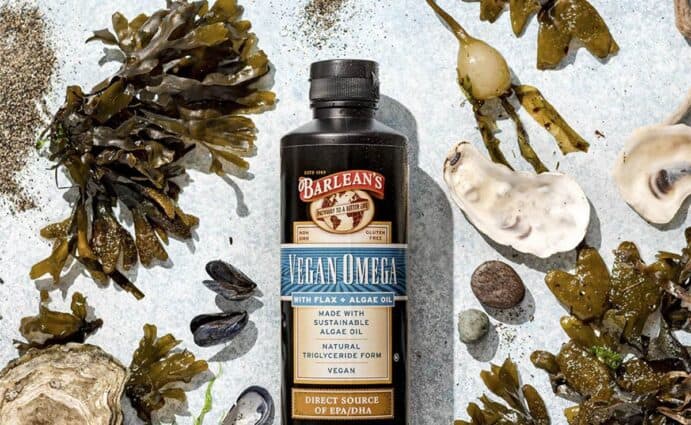
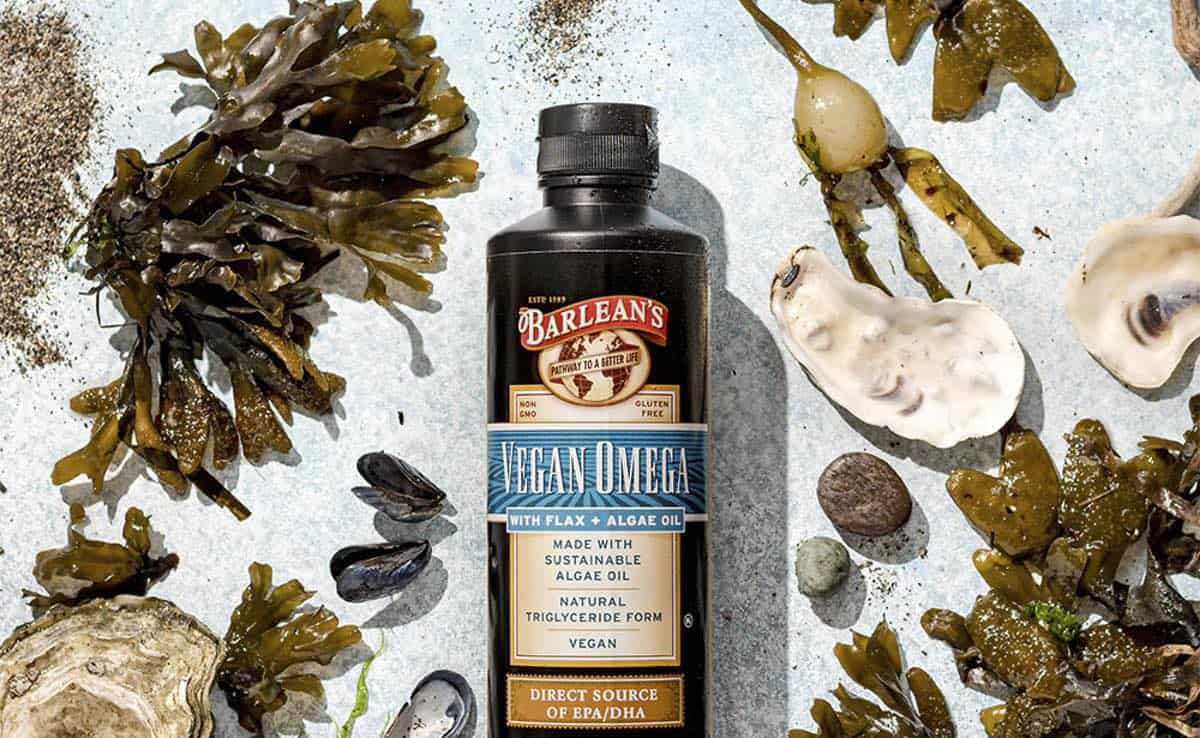
You may have heard the American Heart Association’s recommendation to consume two servings of fatty fish per week for the sake of your heart. This advice stems from the fact that fish, like salmon, herring, and sardines, are brimming with a specific type of fat known as DHA—a crucial omega-3 essential fatty acid.
But here’s a remarkable fact: fish don’t naturally produce DHA themselves; they obtain it from the very source we can access directly—algae. So, the burning question emerges: Must you indulge in fishy fare to secure your share of DHA? The resounding answer is a resolute no! Vegans, too, can harness the benefits of DHA without resorting to fish or fish oil supplements.
Which is great news because we know that fish often contain harmful toxin sand heavy metals that can be detrimental to our health. And not only do fish feel pain, but overfishing is causing significant harm to the oceans and our planet. In other words, eating fish is not the answer to getting enough DHA!
Table of Contents
What Are Omega-3s?
Omega-3s, scientifically known as omega-3 fatty acids, constitute a group of vital polyunsaturated fats that the human body cannot do without. Within this group, three primary dietary types hold particular significance for human health:
- ALA (alpha-linolenic acid): ALA is a short-chain omega-3 fatty acid—which you can get from plant foods like walnuts, hemp seeds, and flaxseeds. ALA is the only essential amino acid that must be consumed through our diet. Our bodies can convert ALA to both EPA and DHA.
- EPA (eicosapentanoic acid): EPA is one of the longer-chain omega-3s, recognized for its therapeutic benefits, especially in supporting cardiovascular health.
- DHA (docosahexaenoic acid): Another longer-chain omega-3, DHA plays a pivotal role in the realm of brain health.
Omega-3s are integral components of cell membranes, contributing to their structural integrity.
What sets DHA apart is its exceptional concentration within cells found in the brain and eyes, underlining its critical significance for the optimal functioning of these vital organs.
Why is DHA Important?
DHA is critical for healthy brain development, which is why you’ll often see it added to infant formulas. And, when pregnant people take DHA supplements in pregnancy, their babies tend to have better cognitive abilities.
DHA is important throughout the life cycle, not just in utero and as an infant. As the brain continues to develop through childhood and adolescence, DHA is essential. And studies have found higher blood concentrations of DHA to be associated with better cognitive performance in adults.
There is some evidence showing the importance of omega-3s in preventing excessive cognitive decline later in life, but more research is needed on the specific impact of DHA on risk for Alzheimer’s disease and dementia.
Omega-3s have also been linked with heart health. Higher levels of DHA in the blood have been associated with lower disease progression in people who have heart disease. As for preventing heart disease, research is mixed. Specifically, supplementing with fish oil has not been shown to be beneficial for the generally healthy adult.
Why ALA May Not Be Enough
ALA is a short-chain fatty acid found in plant foods including walnuts, chia seeds, flaxseed and hemp seeds. Since the body contains enzymes that can convert ALA to the longer-chain EPA and DHA, theoretically, you can make all the EPA and DHA you need from ALA alone.
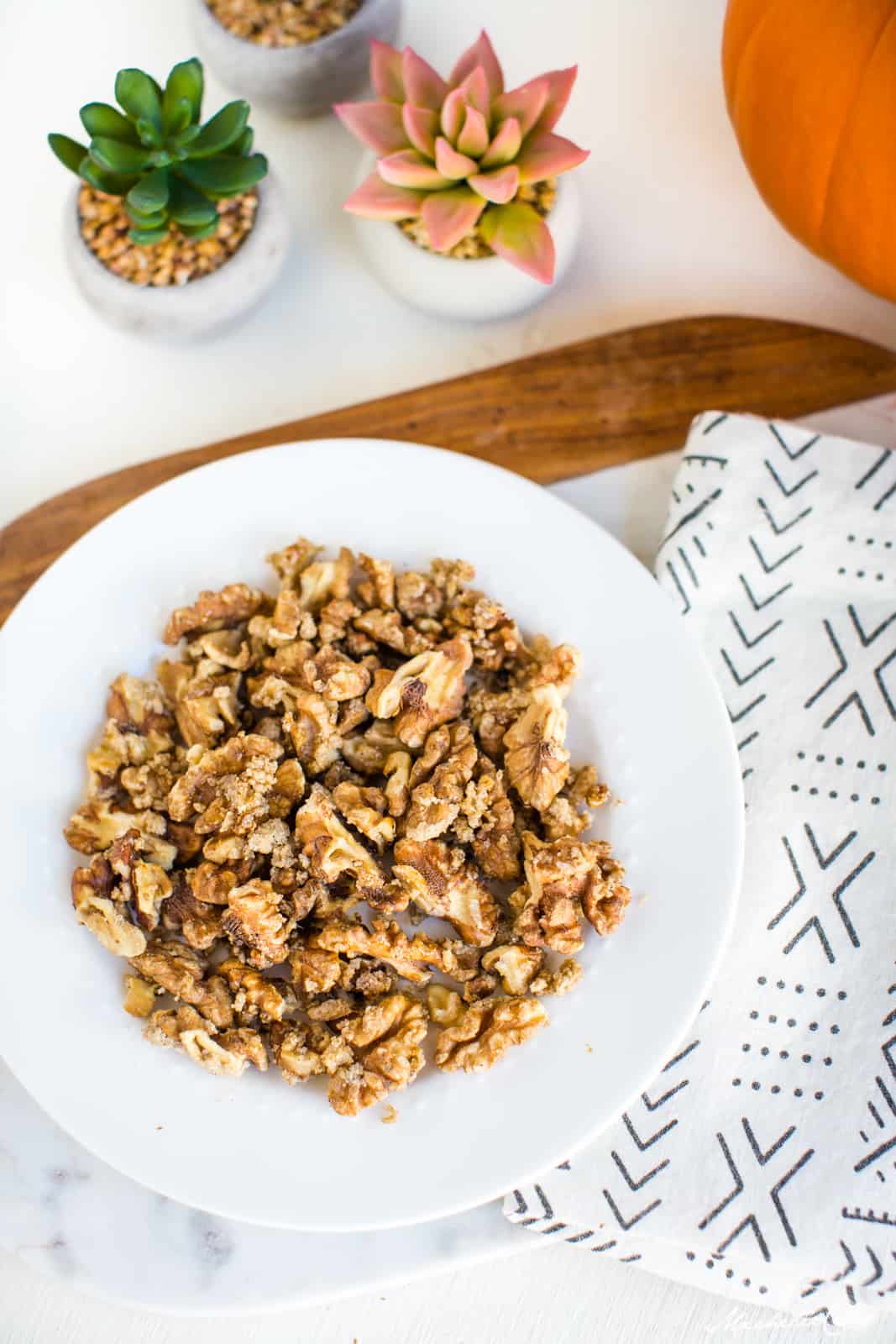
However, the enzyme that converts ALA to EPA, and EPA to DHA, also converts omega-6 fats and may not be able to convert all the ALA we eat to longer-chain omega-3s. While conversion of ALA to EPA tends to be OK, research suggests that conversion rates of EPA to DHA can be very low.
Since you don’t know how much ALA your body is able to convert to EPA and DHA, it’s a good idea to consume some longer-chain omega-3s for extra insurance. This doesn’t mean it’s not important to consume ALA. Vegans should still aim to eat several servings of ALA-rich foods daily.
How Much DHA do I Need?
In addition to consuming the dietary reference intake of ALA (1.6 grams per day for males and 1.1 grams per day for females), Jack Norris, RD, of VeganHealth.org offers the option of consuming an extra 2 grams of ALA or 200 to 300 milligrams of DHA per day.
Vegan Sources of Omega-3s
Flaxseeds: These tiny powerhouses are packed with ALA, making them an excellent vegan source of omega-3s. Sprinkle them on oatmeal or blend them into smoothies for a nutritional boost. You can also use ground flaxseed mixed with water as a vegan egg substitute in most baking recipes.
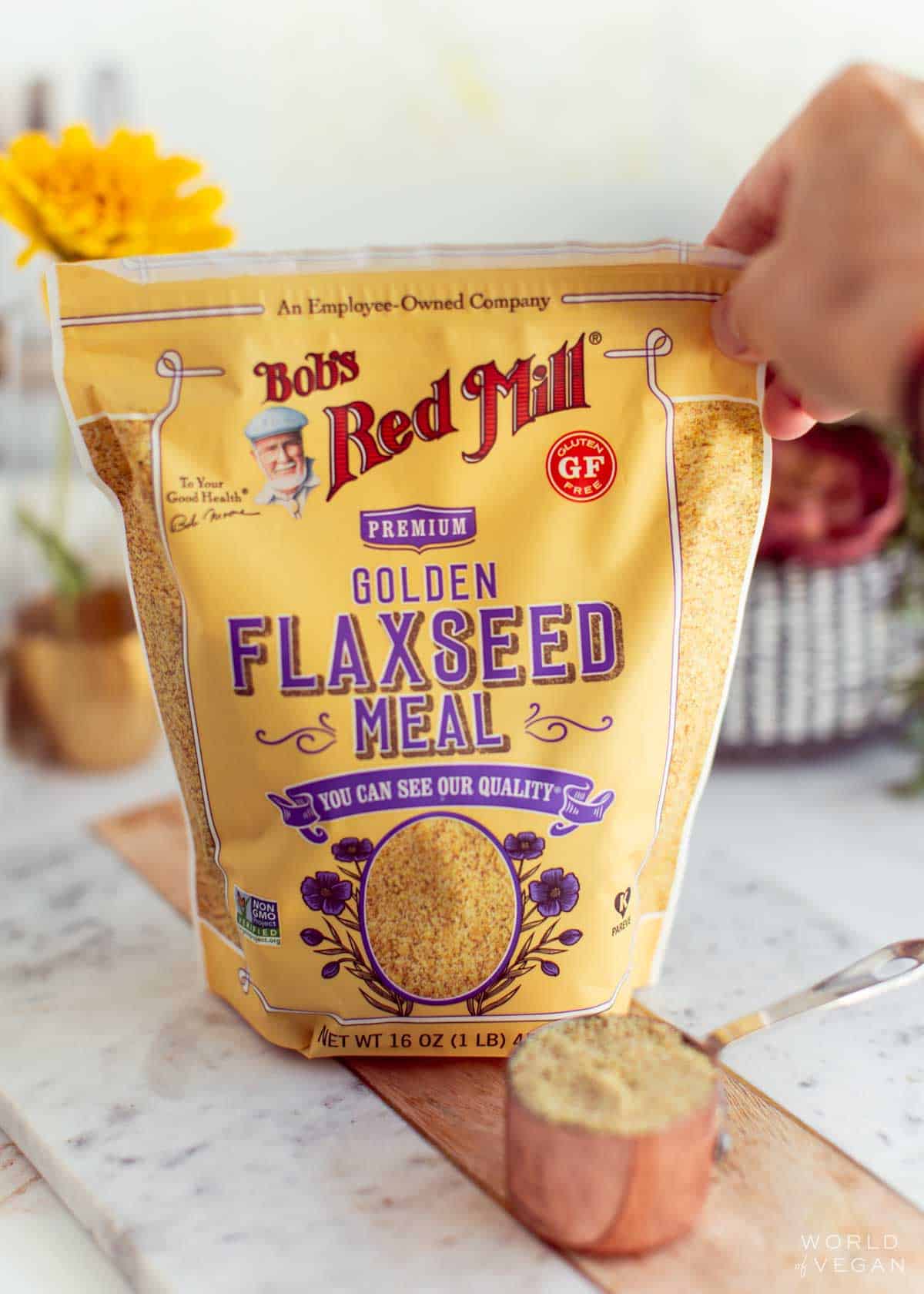
Chia Seeds: Chia seeds are rich in ALA and can be incorporated into yogurt, pudding, or as an egg substitute in baking recipes.
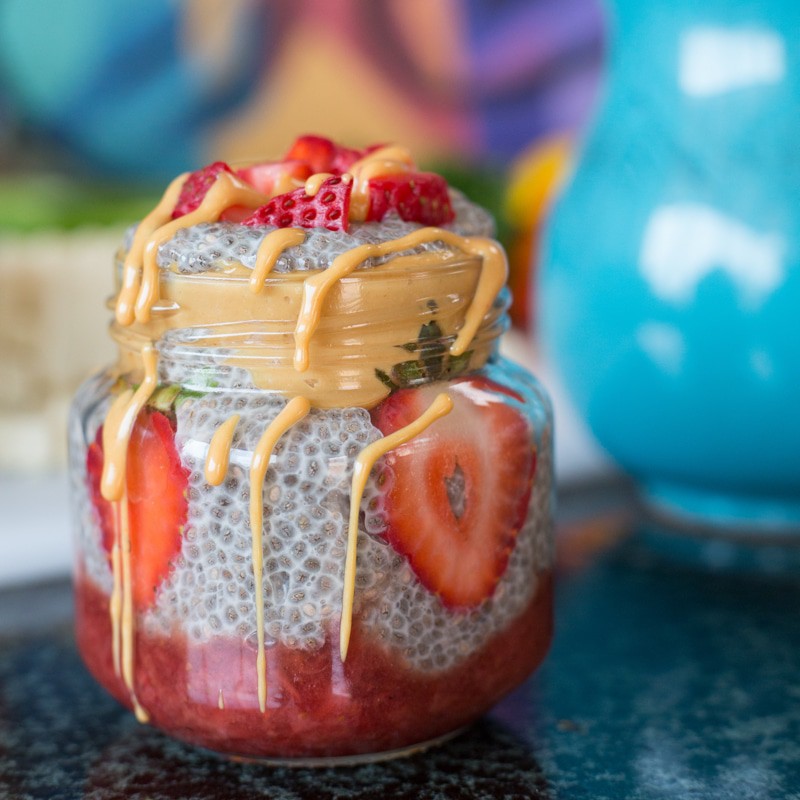
Walnuts: Walnuts are not only delicious but also contain significant amounts of ALA. Snack on them or use them in salads and desserts for added nutrition.

Hemp Seeds: Hemp seeds offer a balanced ratio of omega-3 to omega-6 fatty acids, making them a valuable addition to your diet. Enjoy them in salads, on top of cereals, or in homemade energy bars.
Seaweed and Algae: Some types of seaweed and algae also contain omega-3s, providing a savory twist to your meals.
Vegan Sources of DHA
While DHA is not found in plant foods, it is produced by algae. And supplement manufacturers are able to harvest the vegan DHA from algae and put it into capsules, oils, and other supplements! Which means algae is a vegan source of DHA.
Research has found vegans to have lower amounts of DHA in their blood than meat-eaters, and we’re not sure if vegans have lower amounts of DHA in their brains and eyes. If you want to be extra cautious, it’s a good idea to take a vegan DHA supplement in addition to consuming plenty of ALA.
Vegan Omega-3 Supplements
In the quest for optimal health and well-being, many individuals are turning to vegan omega-3 supplements as a sustainable and compassionate alternative to traditional fish-based sources. These supplements offer a potent dose of essential fatty acids, particularly EPA and DHA. Many vegan multivitamins also include a dose of plant-based Omega-3s!
Here are a few trusted brands that offer algae-derived DHA to meet your daily needs.
Barlean’s Vegan Omega Flax + Algae Oil
Derived from microalgae, this functional algal oil can be a potent source of vegan-friendly EPA and DHA. It can be consumed straight off a spoon or incorporated into salad dressings, soups, smoothies, and beyond.

Ritual’s Omega-3 Capsules
Ritual’s Omega-3 DHA + EPA is a daily supplement offering a 500mg dose of vegan Omega-3, sourced from sustainable microalgae in La Forêt-Fouesnant, France. It features a pleasant citrus taste and minimal burp-back, thanks to its high-quality manufacturing process using patented technology to reduce oxidation. Priced at $33 per bottle with 30 servings, this supplement supports brain and heart health and provides a science-backed dose of DHA & EPA in a 2:1 ratio, reflecting the nutritional benefits found in a healthy Mediterranean diet.
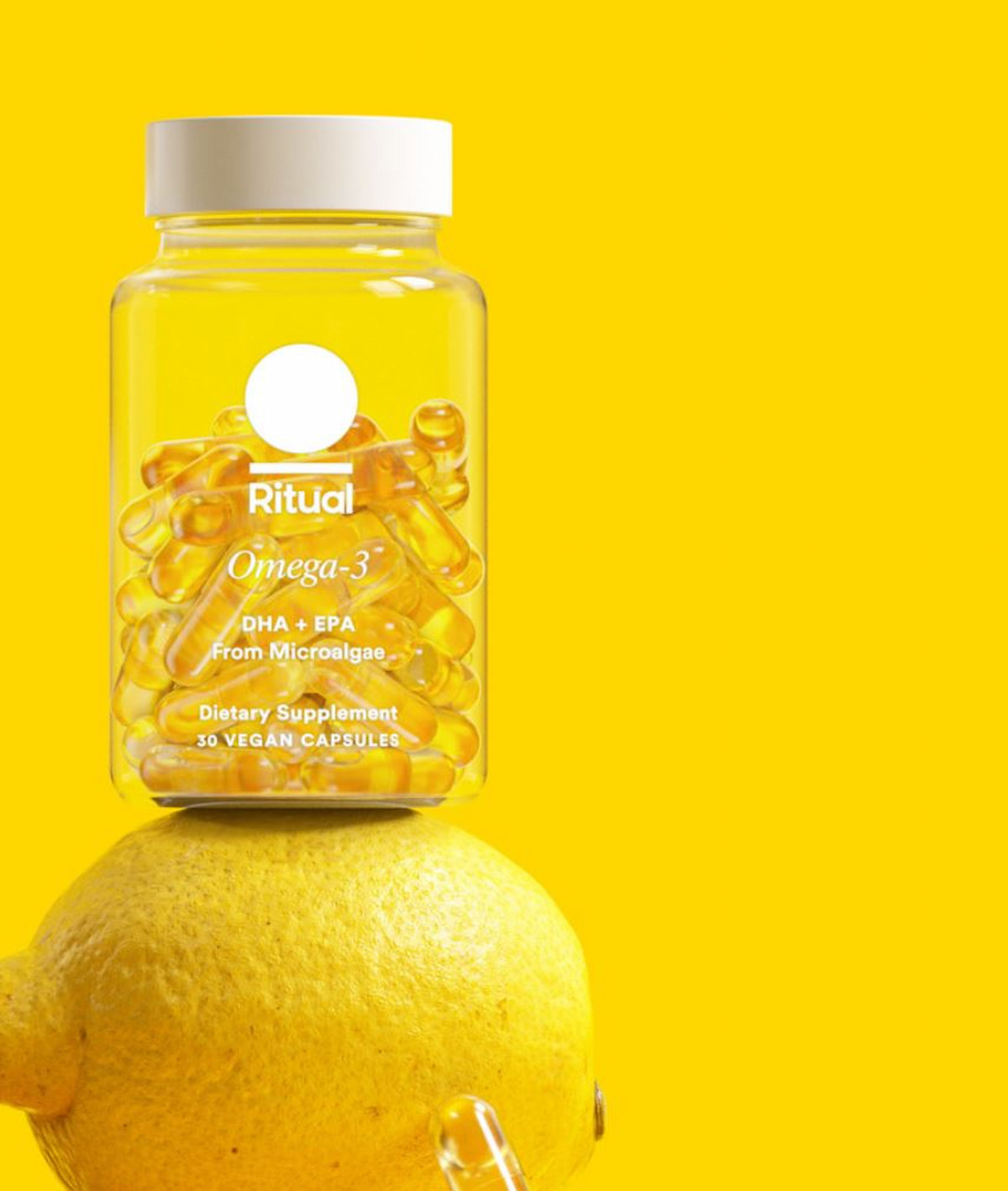
Naturelo’s Omega-3 DHA Vitamins
One Naturelo vegan DHA softgel contains 400 milligrams of DHA which should be plenty to meet your DHA needs.
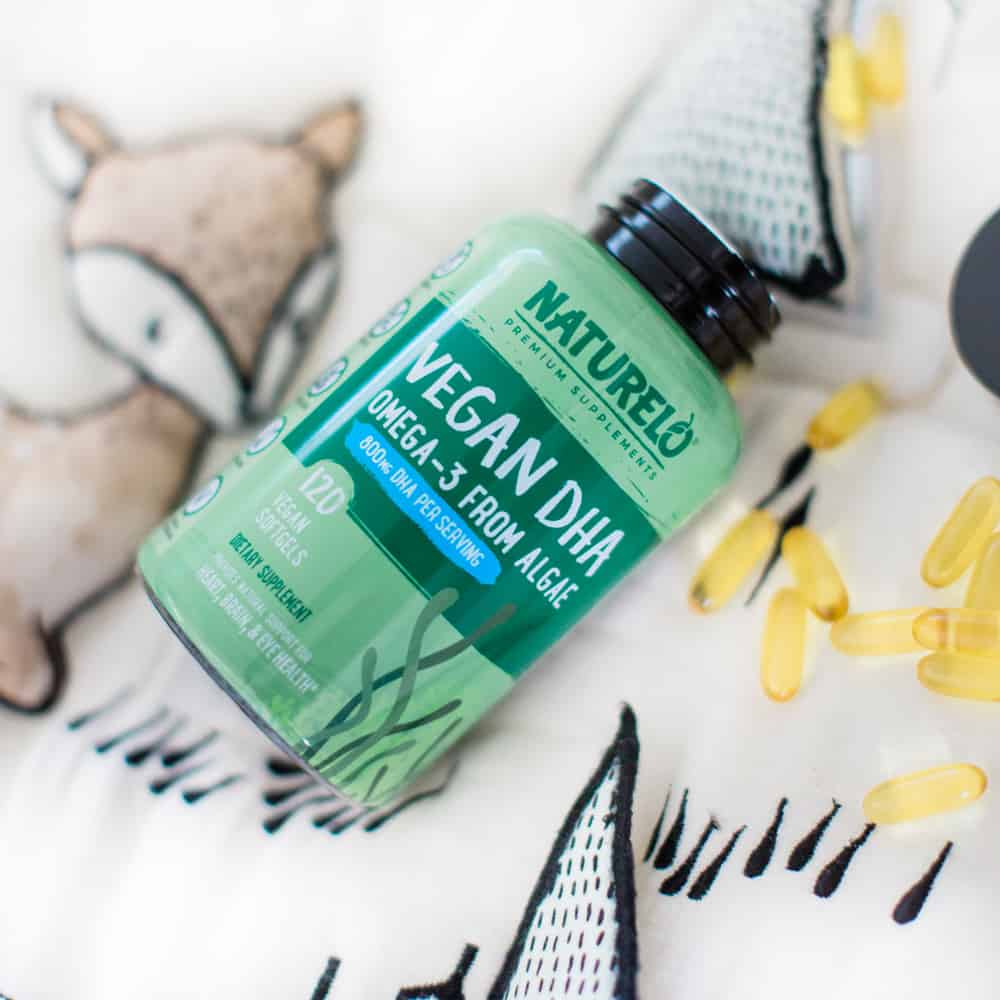
Calgee Vegan Omega-3 Supplements
Also made from algae, Calgee’s softgels have a high concentration of both DHA and EPA, and are gluten-free, as well as third-party lab tested.
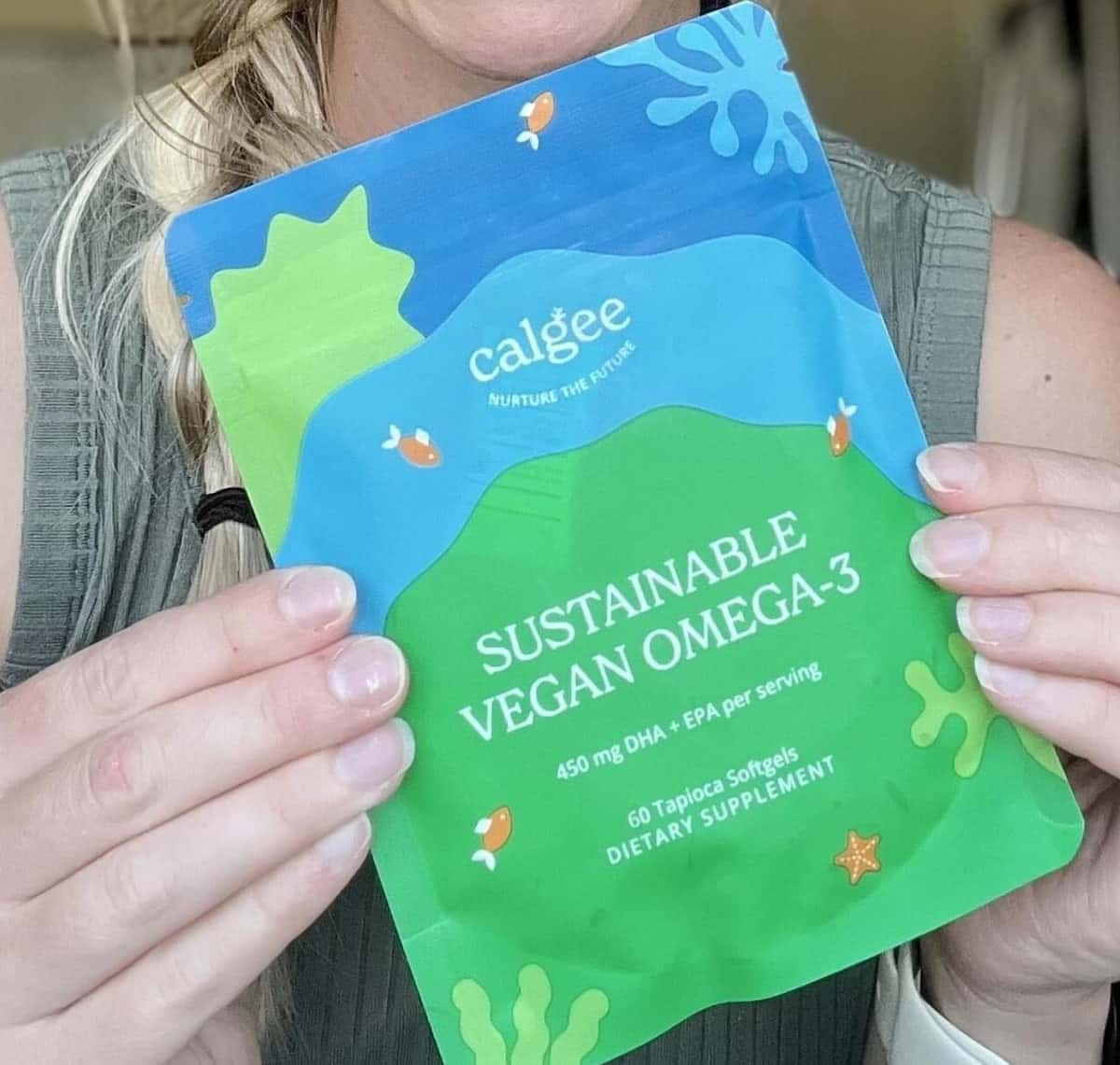
Before beginning any new dietary supplements, be sure to discuss it with your health care provider. For personalized nutrition advice, work with a registered dietitian nutritionist.
Taylor offers one-on-one nutrition counseling to help vegans eat nutritious and delicious meals and snacks they love.
Common Questions About Omega-3s
While it’s possible to meet your omega-3 needs through a vegan diet rich in ALA sources, supplements can provide a much more reliable, convenient, and concentrated source of EPA and DHA.
Yes, algal oil is considered one of the most sustainable sources of omega-3s as it doesn’t deplete fish populations and doesn’t contribute to overfishing.
Generally, omega-3 supplements are safe when taken as directed. However, consult with a healthcare professional before starting any new supplement regimen, especially if you have underlying health conditions or take medications.
Consuming omega-3-rich foods with a balanced diet, low in omega-6 fatty acids, can optimize absorption. Additionally, taking supplements with a meal can enhance absorption.
Unseen Contaminants That May be Lurking in Fish
Fish can contain toxins and heavy metals that are harmful to human health, and this is a growing concern in many parts of the world. Some of the common contaminants found in fish include:
Mercury: Mercury is a heavy metal that can accumulate in fish, especially in larger predatory species like shark, swordfish, king mackerel, and certain types of tuna. Consuming fish with high mercury levels can lead to mercury poisoning, which can have adverse effects on the nervous system, especially in pregnant women and children.
Polychlorinated Biphenyls (PCBs): PCBs are industrial chemicals that were once used in various manufacturing processes and have found their way into the environment. They can accumulate in fatty fish, posing health risks if consumed regularly. PCB exposure has been linked to developmental issues, hormonal disruptions, and certain cancers.
Dioxins: Dioxins are environmental pollutants that can enter aquatic ecosystems and accumulate in fish. Prolonged exposure to dioxins through fish consumption may increase the risk of cancer and have adverse effects on the immune and reproductive systems.
Pesticides and Herbicides: Residues of pesticides and herbicides used in agriculture can wash into water bodies and contaminate fish. While these contaminants may not always be present in high levels, long-term exposure can be a concern.
Microplastics: Fish can ingest microplastic particles present in the oceans, and these particles may be transferred to humans upon consumption. While the health effects of microplastic ingestion are still being studied, it is a growing concern.
Bacterial and Viral Contaminants: Some fish can harbor harmful bacteria and viruses, particularly if they are caught or processed in unsanitary conditions. Cooking fish thoroughly can help reduce the risk of foodborne illnesses.
Vegan omega-3s are a vital component of any diet, offering numerous health benefits and supporting overall well-being. By incorporating more ALA-rich foods into your meals and choosing high-quality algal oil supplements you can easily ensure that you’re meeting your omega-3 requirements while staying true to your ethical and environmental values.
More Vegan Nutrition Articles
- How To Get All Your Nutrients As A Vegan
- I’m Vegan … Do I Really Need To Take Vitamins?
- I Was Vitamin D Deficient—And You Could Be Too
- How to Find Credible Nutrition Information
- Is Soy Bad for You?
- 7 Essential Nutrients for Vegans
References and Resources
- Advice About Eating Fish. U.S. Food and Drug Administration website. Updated July 2, 2019. Accessed October 31, 2019.
- Essential Fatty Acids. Linus Pauling Institute. Oregon State University. Updated May 2019. Accessed October 31, 2019.
- Jabr F. It’s Official: Fish Feel Pain. Smithsonian website. Published January 8, 2018. Accessed October 31, 2019.
- Omega-3 Fatty Acids Fact Sheet for Health Professionals. NIH Office of Dietary Supplements. Updated October 17, 2019. Accessed October 31, 2019.
- Omega-3s Part 1—Basics. VeganHealth.org. Updated June 2012. Accessed October 31, 2019.
This vegan DHA article was written with support from registered dietitian Taylor Wolfram RD for World of Vegan. The information presented here is not to be construed as medical advice or used to diagnose, treat, cure or prevent any condition or disease.






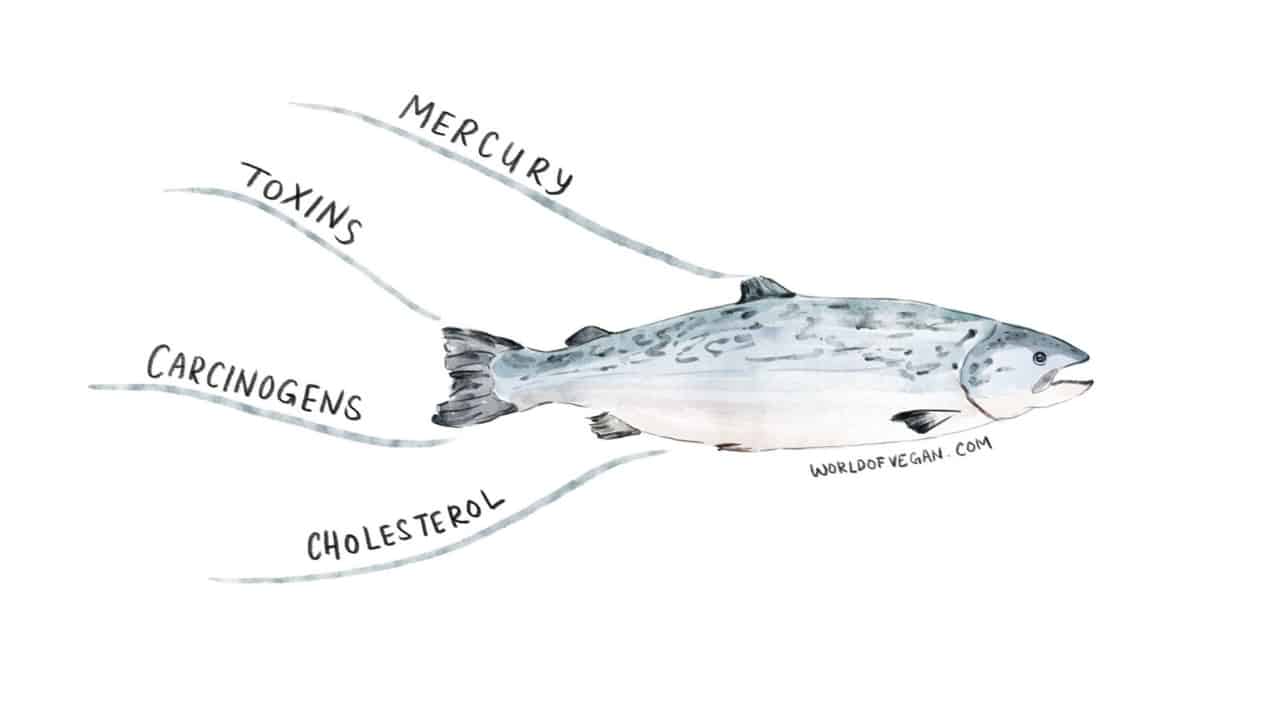
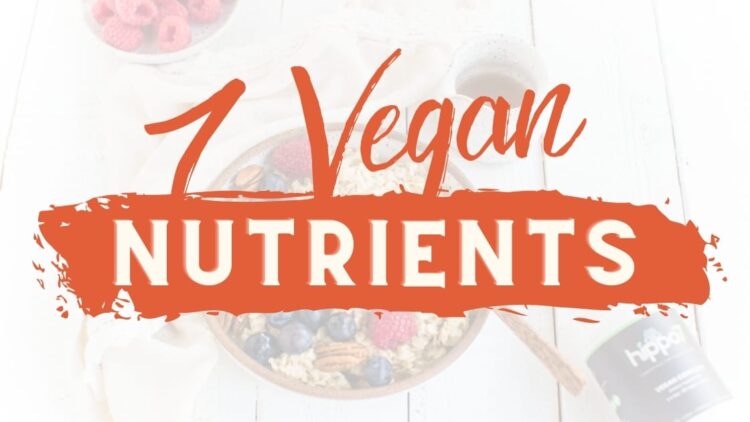
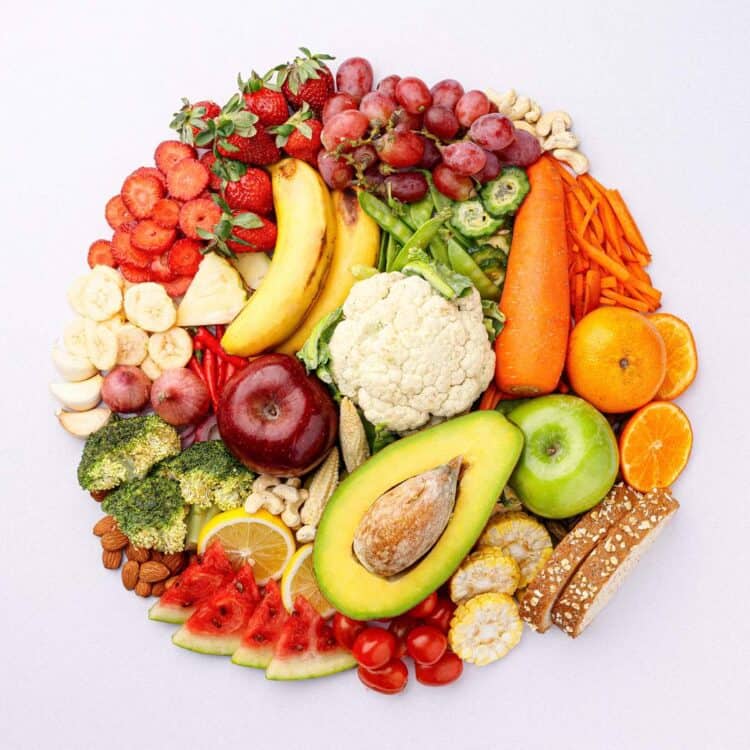
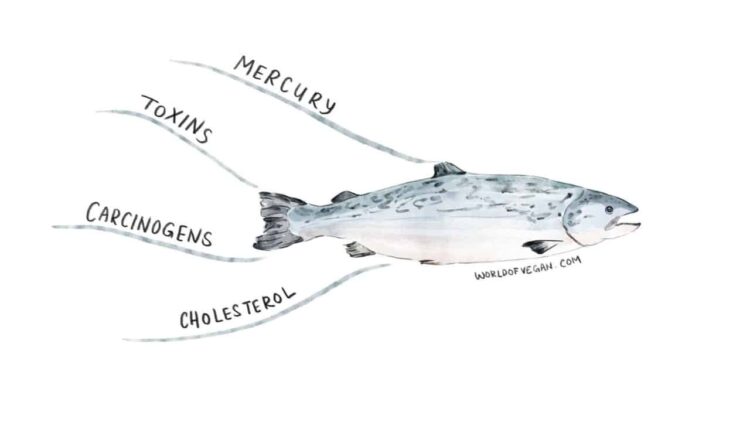
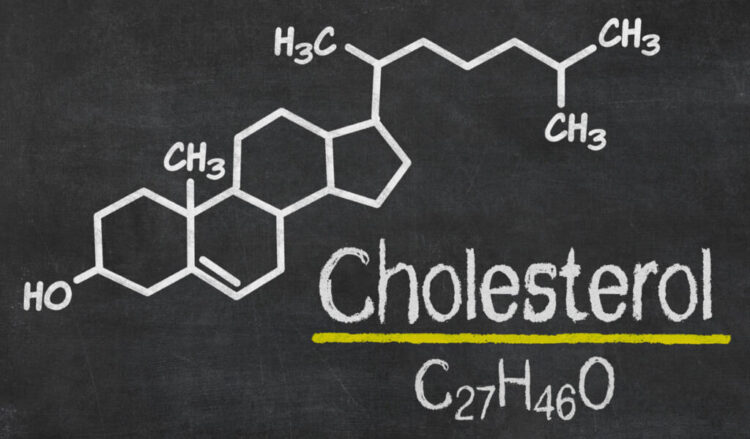
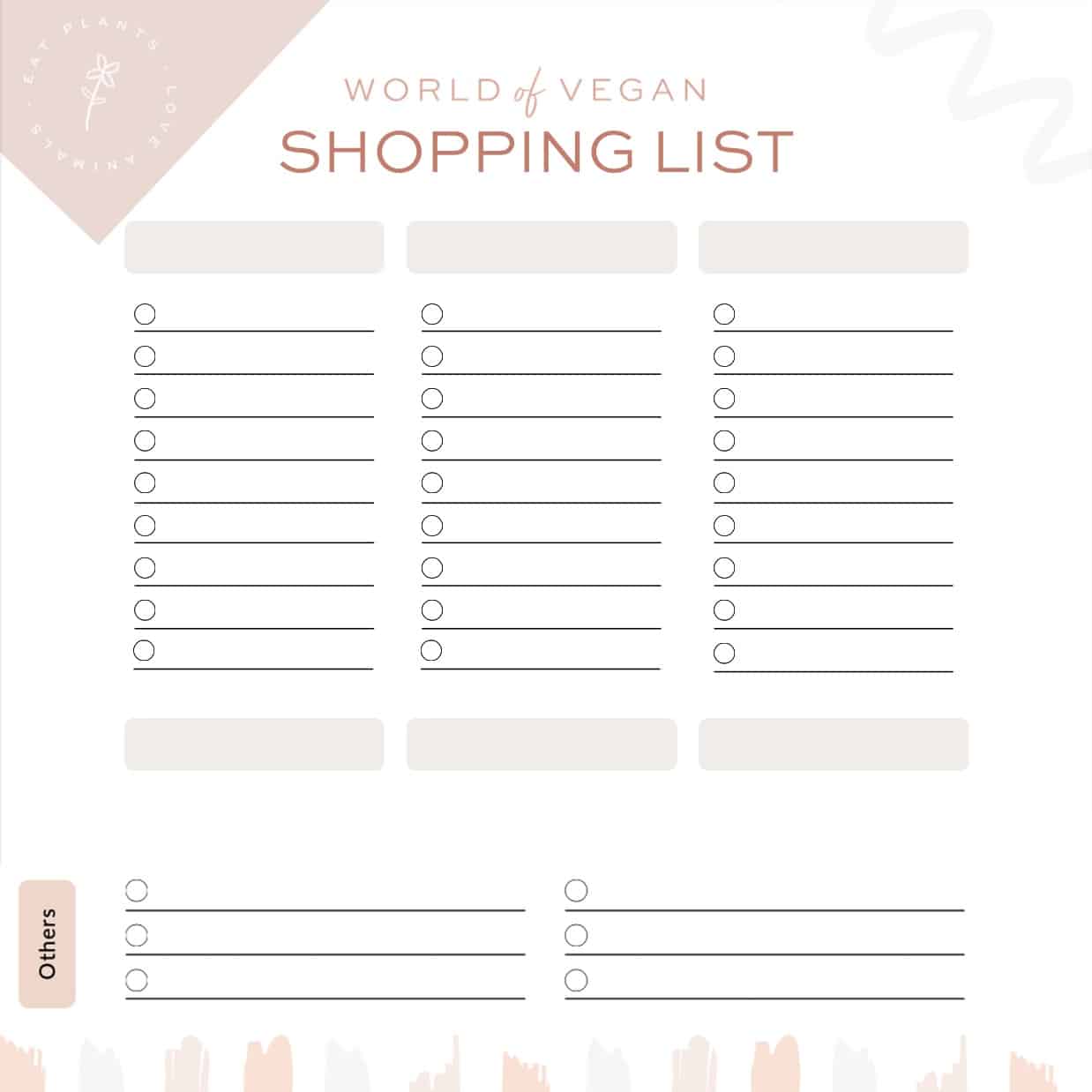
Leave a Comment